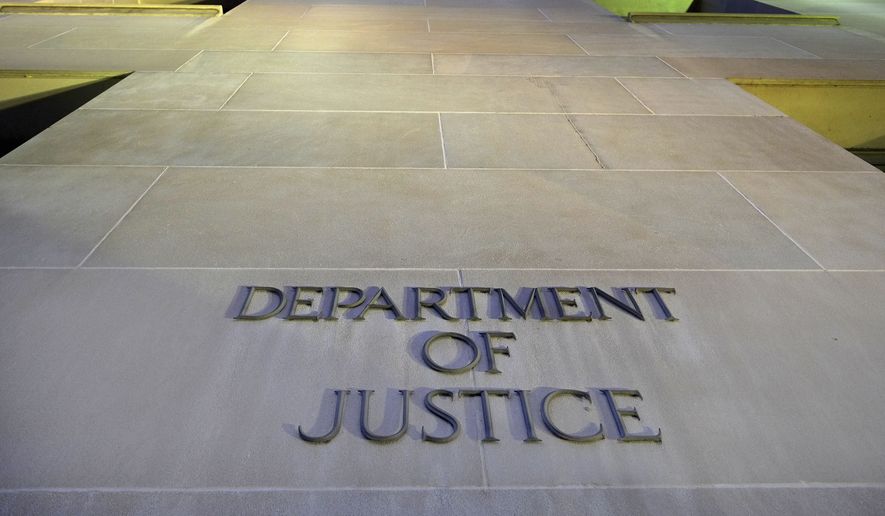The Trump administration has come to the defense of a Muslim group blocked from opening a mosque in Troy, Michigan.
The Justice Department on Thursday announced it has filed a lawsuit against Troy alleging the city’s zoning laws, which disallowed the mosque, violate federal protections for religious institutions.
“Zoning laws that treat mosques, churches, synagogues, and other religious assemblies less favorably than nonreligious assemblies illegally restrict religious exercise in violation of the Religious Land Use and Institutionalized Persons Act,” said Assistant Attorney General Eric Dreiband for the Civil Rights Division of the Department of Justice.
He vowed that the Justice Department would ensure that “local governments do not discriminate against faith communities in violation of federal law.”
The action put the Trump administration on the same side as the Council on American-Islamic Relations (CAIR), which has been a frequent critic of President Trump for policies such as the Muslim travel ban.
CAIR sued Troy last year for blocking the mosque. That court action is ongoing.
The Religious Land Use and Institutionalized Persons Act, known as RLUIPA, protects religious institutions from unduly burdensome or discriminatory land-use regulations.
Last year, the Justice Department launched a Place to Worship Initiative to focus on RLUIPA’s provisions that protect the rights of houses of worship and other religious institutions to worship on their land.
The federal lawsuit stems from Troy officials denying an application by the Muslim group Adam Community Center to operate a mosque in one of the city’s commercial districts.
The city’s zoning laws allow a nonreligious place of assembly, such as a theater or banquet hall, to use the same building without further approval. But because of zoning restrictions on places of worship, the Muslim center had to overcome an additional hurdle and seek city approval to use the building, which was denied.
Justice lawyers said the city’s denial of approval for the center, and its unequal treatment of all places of worship in the city compared to nonreligious uses, violate a provision of RLUIPA.
The suit also alleges that the city’s actions imposed a substantial burden on the Center’s religious exercise in violation of another provision of RLUIPA.
The city did not immediately respond to the federal lawsuit.
• S.A. Miller can be reached at smiller@washingtontimes.com.




Please read our comment policy before commenting.